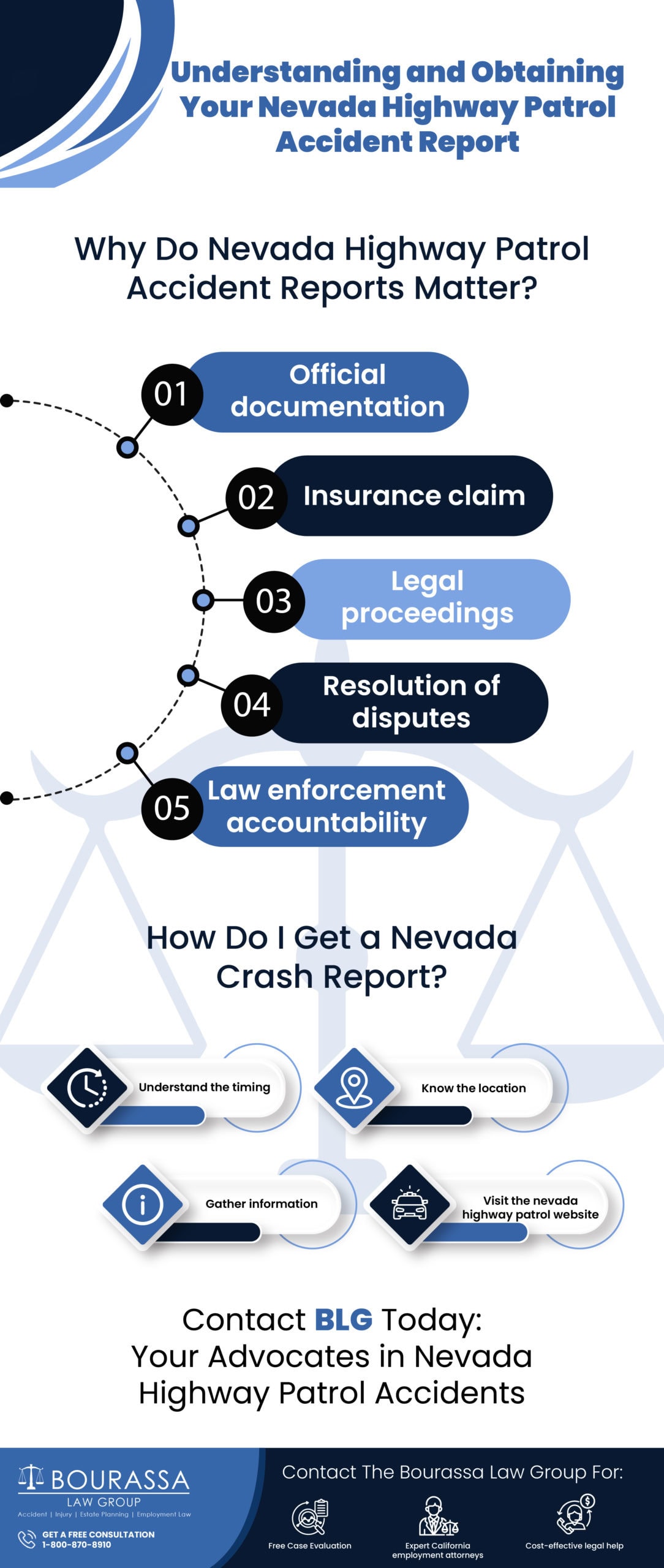Driving through the scenic roads of Iowa can be a delightful experience, but sometimes, accidents happen. And when they do, the Iowa Highway Patrol Accident Report becomes your go-to resource for understanding what went wrong, who was involved, and how to proceed legally. Whether you're a local or just passing through, knowing how this system works is crucial. So, buckle up, because we're diving deep into everything you need to know about Iowa highway patrol accident reports.
Let’s be real, accidents are stressful enough without having to navigate a complicated reporting process. But don’t worry, because we’ve got your back. This guide will break down the ins and outs of Iowa highway patrol accident reports in a way that’s easy to understand, practical, and actionable. From filing the report to understanding its contents, we’ve got all the details covered.
Whether you’re dealing with a minor fender bender or a more serious collision, the information in this article will help you stay informed and prepared. So, let’s dive right in and make sure you’re ready for whatever the road throws your way.
Read also:Cm Punk And Aj Lee A Comprehensive Look At Their Careers And Impact
Understanding Iowa Highway Patrol Accident Reports
What Exactly is an Iowa Highway Patrol Accident Report?
An Iowa highway patrol accident report is essentially a detailed document created by law enforcement officers after an accident occurs on Iowa roads. Think of it as the official record of what happened, who was involved, and any contributing factors. It’s not just some random paperwork; this report can play a huge role in insurance claims, legal proceedings, and even traffic safety improvements.
For instance, if you’re involved in an accident and need to file a claim with your insurance company, they’ll likely ask for a copy of the report. It’s like the ultimate proof of what went down, and it helps ensure everyone is on the same page. Plus, it’s a great way to hold drivers accountable if someone was at fault.
Why Are These Reports So Important?
Here’s the deal: Iowa highway patrol accident reports aren’t just for show. They serve several key purposes:
- They provide a factual account of the accident, which is super helpful when memories get foggy.
- They assist insurance companies in determining fault and processing claims.
- They help law enforcement identify patterns in accidents, which can lead to better road safety measures.
- They offer legal protection for all parties involved, ensuring that everyone’s rights are respected.
So, yeah, these reports are kind of a big deal. And if you’re ever in an accident, having access to one can make all the difference.
How to Obtain an Iowa Highway Patrol Accident Report
Step-by-Step Guide to Getting Your Copy
Alright, so you’ve been in an accident and now you need to get your hands on that all-important report. Here’s how you do it:
- Contact the Iowa Highway Patrol: The first step is to reach out to the Iowa Department of Public Safety or the local law enforcement agency that handled your accident. They’ll guide you on how to request the report.
- Provide Necessary Information: Be ready to give them details like the date, time, and location of the accident, as well as any case or incident numbers you might have.
- Pay the Fee: Yeah, there’s usually a small fee involved. But hey, it’s worth it for the peace of mind, right?
- Wait for Processing: Depending on the complexity of the accident, it might take a few days to a couple of weeks for the report to be ready.
Pro tip: If you’re in a rush, some agencies offer expedited processing for an additional fee. Just sayin’.
Read also:Crisda Rodriguez Gner The Rising Star In The Entertainment Industry
What Information is Included in the Report?
Breaking Down the Key Details
Now, let’s talk about what you can expect to find in an Iowa highway patrol accident report. Here’s a quick rundown:
- Driver Information: Names, addresses, license numbers, and vehicle details for all parties involved.
- Accident Details: Date, time, location, weather conditions, and road conditions at the time of the accident.
- Vehicle Information: Make, model, year, and any damage sustained.
- Contributing Factors: Was it speeding, distracted driving, or something else? This section will tell you.
- Law Enforcement Observations: Notes from the officer on the scene, including any citations issued.
It’s like a treasure trove of information, and trust me, every little detail can matter when you’re dealing with insurance or legal issues.
Common Misconceptions About Iowa Highway Patrol Accident Reports
Setting the Record Straight
There are a few myths floating around about these reports, so let’s clear them up:
- Myth #1: The report automatically determines fault. Truth: Nope. While the report provides valuable information, it’s up to insurance companies and courts to decide fault.
- Myth #2: You have to file the report yourself. Truth: The police or highway patrol officers handle the filing. Your job is to request a copy.
- Myth #3: The report is confidential. Truth: In most cases, accident reports are public records, meaning anyone can request them.
Knowing the facts can save you a lot of headaches down the road, so keep these in mind.
Tips for Handling Accidents in Iowa
What to Do Immediately After an Accident
Accidents happen fast, but staying calm and knowing what to do next can make all the difference. Here’s a quick checklist:
- Check for Injuries: Your safety and the safety of others should always come first.
- Call the Authorities: Dial 911 to report the accident and request medical assistance if needed.
- Exchange Information: Get the names, phone numbers, and insurance details of everyone involved.
- Take Photos: Document the scene, including any damage to vehicles and road conditions.
- Stay Put: Don’t leave the scene until the authorities give you the green light.
These steps might seem obvious, but in the heat of the moment, they can be easy to forget. So, keep this list handy.
Understanding Fault and Liability
Who’s Responsible for the Accident?
Figuring out who’s at fault isn’t always straightforward. In Iowa, fault is often determined based on a combination of factors:
- Traffic Laws: Did anyone break a law, like running a red light or speeding?
- Contributing Factors: Was weather, road conditions, or driver behavior a factor?
- Witness Statements: Sometimes, bystanders can provide valuable insights.
Remember, the Iowa highway patrol accident report will play a big role in this process, so make sure you get your hands on a copy as soon as possible.
Insurance Claims and Accident Reports
How Reports Impact Your Claim
Insurance companies love facts, and that’s exactly what an accident report provides. Here’s how it can affect your claim:
- Proof of Accident: The report serves as official documentation that the accident occurred.
- Determining Fault: The information in the report can help establish who’s at fault, which impacts who pays for damages.
- Processing Speed: Having a copy of the report can speed up the claims process, as it gives the insurer all the details they need.
Without a report, you’re basically flying blind, so it’s definitely worth the effort to obtain one.
Legal Implications of Accident Reports
When Things Get Serious
Sometimes, accidents lead to legal battles, and that’s where accident reports really come into play. Here’s how:
- Evidence in Court: The report can be used as evidence in lawsuits related to the accident.
- Protecting Your Rights: If you’re being unfairly blamed, the report can help clear your name.
- Enforcing Laws: Citations issued at the scene can lead to legal consequences for those at fault.
So, yeah, these reports are kind of a big deal when it comes to legal stuff. Keep that in mind if things start to get heated.
Trends in Iowa Highway Patrol Accident Reports
What the Data Tells Us
According to recent data from the Iowa Department of Transportation, the number of accidents in Iowa has been on the rise. In fact, in 2022 alone, there were over 30,000 reported accidents. Crazy, right? Here are some key trends:
- Distracted Driving: A growing concern, with more and more accidents linked to cellphone use.
- Weather Conditions: Iowa’s unpredictable weather plays a big role in accidents, especially during winter months.
- Speeding: Still one of the leading causes of accidents, despite increased enforcement efforts.
Understanding these trends can help us all become safer drivers, so let’s take note and do better out there.
Final Thoughts and Call to Action
So, there you have it—your ultimate guide to Iowa highway patrol accident reports. From understanding what they are to knowing how to obtain one, we’ve covered it all. Remember, these reports are more than just paperwork; they’re tools that can help you navigate the aftermath of an accident with confidence.
Now, here’s what I want you to do: If you’ve found this article helpful, drop a comment below and let me know. Better yet, share it with friends and family who might find it useful. And if you’re ever in need of more info on anything related to driving in Iowa, don’t hesitate to reach out. Stay safe out there, folks!
Table of Contents:
- Understanding Iowa Highway Patrol Accident Reports
- How to Obtain an Iowa Highway Patrol Accident Report
- What Information is Included in the Report?
- Common Misconceptions About Iowa Highway Patrol Accident Reports
- Tips for Handling Accidents in Iowa
- Understanding Fault and Liability
- Insurance Claims and Accident Reports
- Legal Implications of Accident Reports
- Trends in Iowa Highway Patrol Accident Reports
- Final Thoughts and Call to Action


